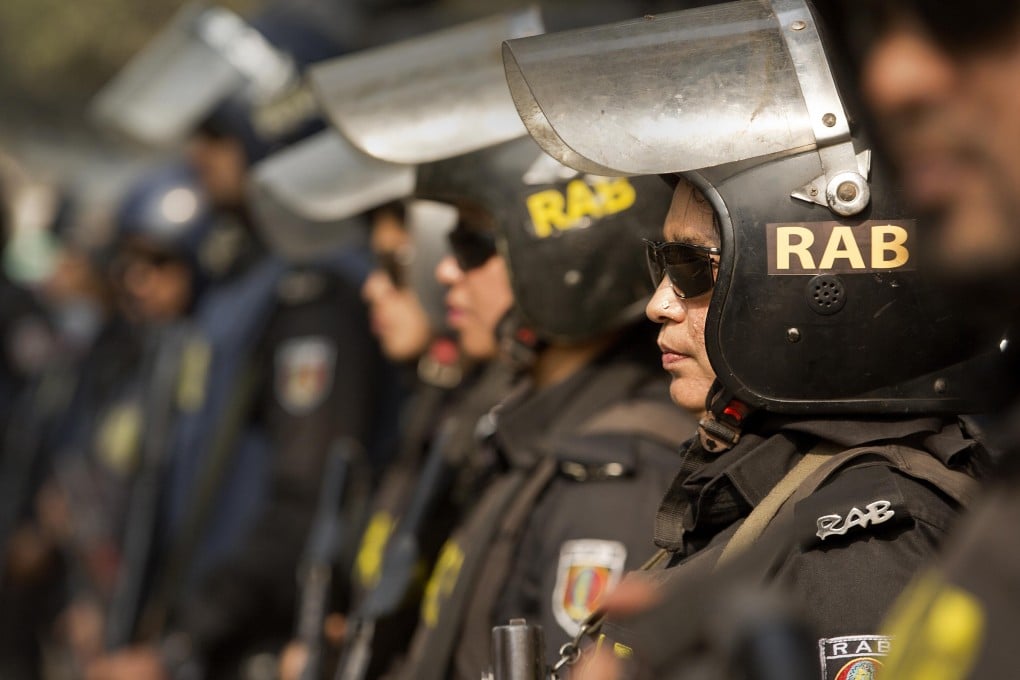Bangladesh ‘on alert’ for militants amid Taliban’s takeover of Afghanistan
- A police official says some Bangladeshis have ‘left home’ to travel to Afghanistan amid a spike in social media posts by Taliban sympathisers
- But while militants who returned from the Afghan war in the 1990s and 2000s pose a threat, experts note anti-terrorism efforts have also strengthened over the years

Dhaka’s police commissioner Shafiqul Islam this week said the Taliban had issued a call for people to join the war in Afghanistan a day before Kabul fell, and that some Bangladeshis had “left home” in response.
“It is our [assessment] that some people from Bangladesh have been caught in India, and some are trying to reach Afghanistan on foot in various ways,” Shafiqul said.
When asked to elaborate, Moniruzzaman, an additional Deputy Inspector General at Bangladesh police’s anti-terrorism unit, said: “We are observing the developments and we are alert.”
The Dhaka police commissioner’s comments caused a buzz across Bangladesh and drew a divided response by observers, with some claiming the fears were unfounded and questioning the veracity of his information.
But others said Shafiqul’s concerns were valid given the country had militants who joined the Afghan war and returned to lead local jihadist groups in the 1990s and early 2000s.
“The history of Bangladesh’s militancy trend that began in the 1990s has a deep connection with Taliban, as the Bangladeshi mujahideen who returned from the Afghan war later formed several local militant groups,” said Mubashar Hasan, an expert on radicalisation, religion and politics and an adjunct researcher at Australia’s Western Sydney University.

02:37
Afghans flee to neighbouring Pakistan en masse following Taliban takeover